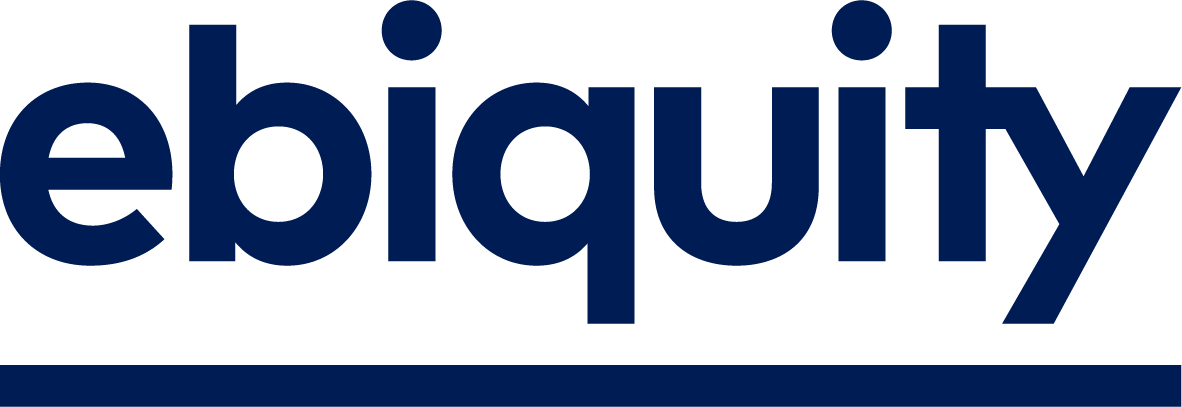In the face of the global pandemic, it might seem trivial to focus on marketing, but the world will prevail against coronavirus, and while it is clear that we won’t revert to how we were before, a new, new normal will emerge, says Ebiquity’s Christian Polman.
It’s now clear that we are living through the greatest period of disruption the world has seen since the Second World War. The coronavirus pandemic has compelled governments around the world to put much of daily life on hold.
Airports are silent. Restaurants are shuttered. Many of the institutions and freedoms we have come to take for granted are now in limbo and for an unsettling, unknown period. Free movement – let alone visiting friends or going on holiday – is a memory for now. These are obviously the better problems to have. Millions of people are directly affected by the source of all this – the coronavirus itself – and billions more will feel economic pain, with significant knock-on effects in terms of human suffering.
What is remarkable and encouraging – and we do have to look for the silver linings – is what the world has been able to achieve despite lockdown. Classes, therapy, workouts, and entire businesses are carrying on remotely. Health systems have been reengineered and giant, field hospitals have appeared seemingly out of thin air. Life certainly isn’t going on as usual, but the ongoing pandemic is a timely reminder of what an amazingly adaptable species we are.
In times of crisis we change, and this crisis will undoubtedly result in change at an accelerated pace, unlike anything in living memory. No single, global event has made change quicker or more vital – in the front line of tackling the virus and in business looking to reorganise itself under severe and exceptional constraints. If necessity is the mother of invention, then COVID-19 truly is a powerful catalyst for change.
What will change? I don’t mean fundamentally different consumer behaviours, per se. Offices aren’t suddenly going to disappear. People won’t have time for virtual parties with friends on the other side. Restaurants will eventually reopen.
But change will happen, and it will also accelerate.
Some changes are relatively certain. The businesses that don’t survive are likely to be those that weren’t thriving before, while the opposite is true for those that thrive. Take Amazon, for example, which reached its highest market capitalisation ever just last week. People were already shifting to e-commerce, and the COVID-19 lockdown will undoubtedly accelerate that shift. Likewise, cash has a dismal future. Local news brands were suffering before, and they are suffering even more today. Subscription video on demand services were challenging linear broadcast TV. Disney+ launched in the UK and other European markets at the start of the pandemic, and it’s picked up millions of new subscribers in a matter of a few weeks.
Other changes are much less certain. At a societal level, what we experience and the choices we make in how we adapt during 2020 – as humanity, nations, companies, and individuals – will shape the world for many decades to come. We will make stark choices on issues as diverse as climate change, how we feed the world, inequality, the role of international institutions such as the EU or the WHO, and the relationship between the state, its citizens, and data.
Similarly, the pandemic also provides companies and brands – and most particularly brands that advertise – with the opportunity to take some important decisions about how they run their marketing operations. The media and marketing ecosystem has become increasingly fragmented, complex, and full of vested interests over the past 20 years. In the shift towards digital media, marketing has moved towards being more automated and dependent on technology. Marketers have sometimes moved too far away from the core principles that make marketing work and have lost sight of how to ensure a healthy and trusted advertising model that works for society, long-term.
These extraordinary times offer a unique opportunity to marketers to step back, reassess, and rethink. All marketers – whether they stop spending because they can’t trade or reallocate investment to linear TV with stay-at-home audiences soaring – should use this moment to make some fundamental decisions. Brands and agency partners have a choice to adopt new media models that are both more flexible, transparent, and fit-for-purpose. Advertisers fund the entire media and marketing ecosystem and they deserve media models that serves them first.
Marketers can choose whether they use this opportunity to take a long-term approach – with robust measurement – or continue the march towards short-term sales activation. They have choices to make about whether to continue funding a murky, non-transparent ecosystem plagued by fraud and brand safety concerns, or reassess what they are funding with both an outcomes-oriented and an ethical approach. They can continue to accept higher walled gardens or demand more robust measurement – as has already been set in motion with by the World Federation of Advertisers (and others) and their cross-media measurement initiatives. These have never been more important. Brands can continue to subscribe to black boxes in terms of attribution and measurement, or demand white-box solutions that allow them to understand how marketing decisions are being made.
In the face of the global pandemic, it might seem trivial to focus on marketing. But the world will prevail against coronavirus, and while it is clear that we won’t revert to how we were before, a new, new normal will emerge. That’s why, from attics, kitchen tables, and spare bedrooms, over Zoom, Teams, and Skype, I urge marketers to seize the opportunity presented by this crisis to reshape their world, and in turn, bring value to society through the ways in which their brands communicate and most importantly how they behave in the long-term.
This article was featured in WARC, here.



